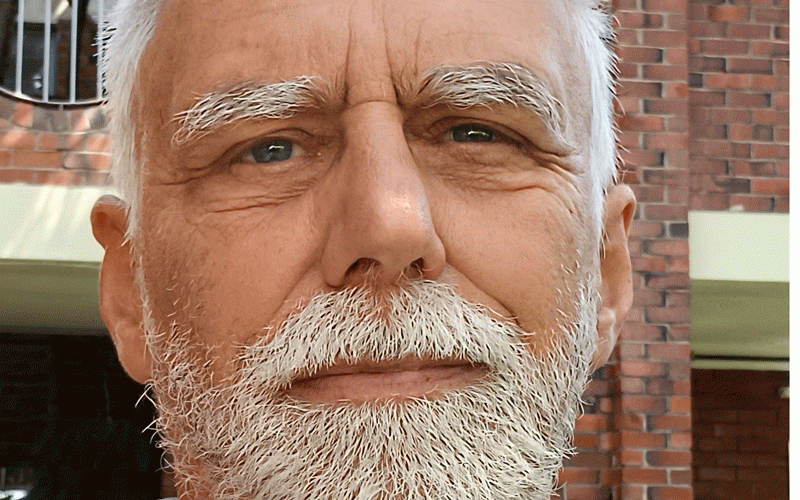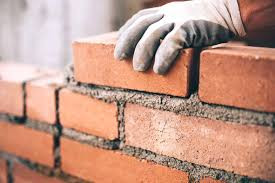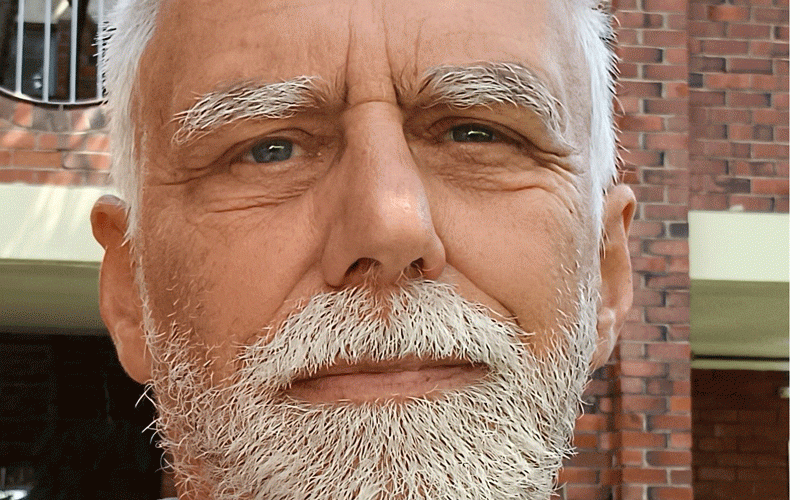
Thirty to forty years ago, when a child misbehaved seriously at school, the Head would be involved and would take appropriate action, after which the matter would be closed. The Head would not contact the parents; the matter might not even have been recorded or filed. The child, in turn, would not advise the parents of what had transpired. Indeed, one young boy was suspended from his boarding school and went to stay with his uncle who did not inform the parents!
Twenty to thirty years ago, when a child misbehaved seriously at school, the Head would again be involved and would take appropriate action but this time he would advise the parents of what action had been taken and then declare the matter would be closed (no doubt with a sharp warning to the parents that this must not happen again). There would be no discussion.
Ten to twenty years ago, when a child misbehaved seriously at school, the Head would be involved (of course) and would summon the parents to his office to discuss the matter, while the child waited outside his office, and advise them what action must be taken, ideally with the parents being in agreement with it. The child would then be called in to hear the decision in front of the parents.
In recent years, there has been more of a move that, when a child misbehaved seriously at school, the Head would be involved and once again would summon the parents but this time with the child as well; the Head would then pose the question, more directly to the child, along the lines of “What are we going to do about this?” The emphasis is more on the child working through the consequences of his behaviour but in conjunction with and support of the parents and the school.
Contrast that with a popular cartoon depicting the change in attitudes from ‘Then’ to ‘Now’ when (‘Then’) parents confront their trembling child, in front of a smiling teacher, and demand an explanation of the low grade, while in the ‘Now’ setting the scenario is exactly the same, except this time it is the trembling teacher who is being asked the same question by the angry parents in front of the smiling child. Indignant teachers may well wish to draw a third picture for the cartoon and have the teacher turn to the parent and ask them what the meaning of the bad grade is – after all, a child has a hundred percent chance of passing examinations depending on (a) his ability, (b) his attitude and (c), perhaps most importantly, his parents’ support and raising.
The point in this last scenario is that people love to blame others. We have shared previously a similar story in which a university professor complained about his students that, “Such rawness is a shame; Lack of preparation in the school is to blame.” On hearing this, the Sixth Form teacher countered, “Good heavens, what crudity! The boy’s a fool. The fault, of course, is in the Lower school.” Immediately the Secondary school teacher retorted that, “From such stupidity may I be spared; they send them up so unprepared.” Unsurprisingly, the Primary teacher school explained, “ECD blockhead! And they call that preparation! Worse than none at all!” In turn, the ECD teacher declared, “Such lack of training never did I see! What kind of woman must his mother be?” Naturally, the mother had an answer, “Poor helpless child; he’s not to blame. His father’s people were all the same.” Not to be outdone, however, “Said the father, keeping in line, ‘I doubt the rascal is even mine.’” No-one seems to want to take responsibility for their child.
People have often spoken and written of the power of one but we must not ignore or forget the power of ‘we’. That power is found in the concept of ownership (even in the word ‘ownership’ we see the words ‘one’ and ‘we’ – and ‘we’ is in ‘power’). The child must learn to take responsibility for his actions, learn to recognise that his actions have consequences that can affect others, not simply his close family, and he must learn to work alongside others, not behind, beneath, above them.
There needs to be a collective responsibility in all of this. The extended family, the school classroom, the school community, the village – it is all about ‘we’ not ‘me’. We are all in this together, pupils, parents, teachers, Boards, Ministry. The sooner we realise that and accept that, the better. What are we going to do about it? What are WE going to do about it? We have the power.
- Divine insight: Understanding your dreams
- Fired judge given 2 weeks to return govt property
- Divine insight: Understanding your dreams
- Looming showdown between teachers, Govt









